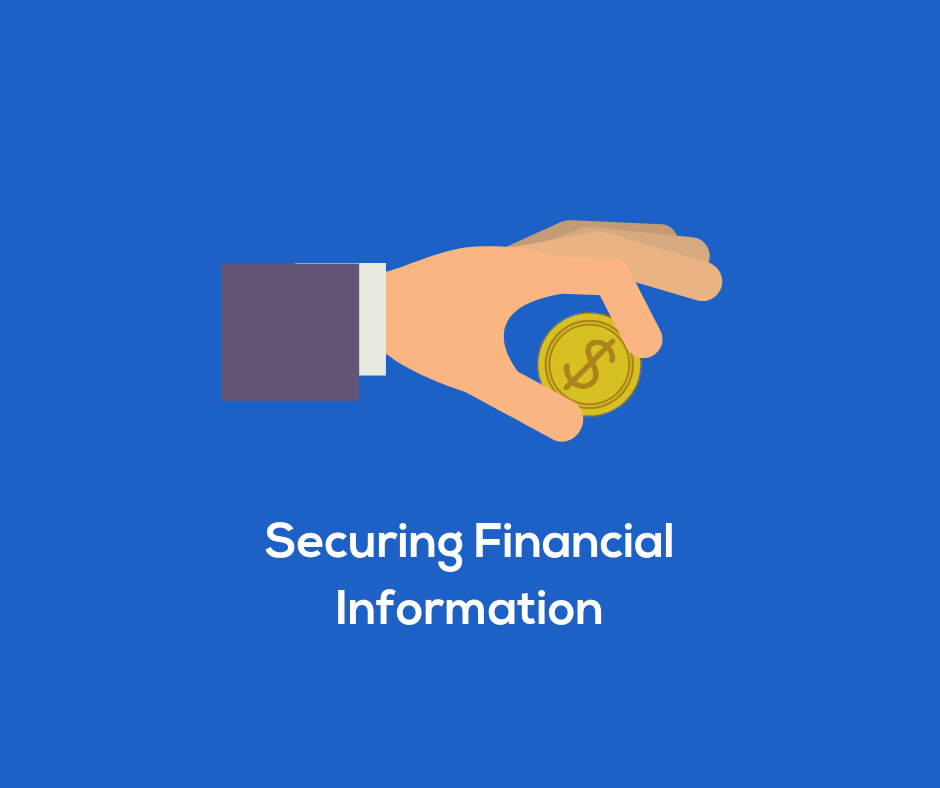No matter what industry your business falls under, you will almost always have financial information given to you that needs to be well-kept, not to mention your own business’s financial information as well. To protect this information, the proper security measures should be in place.
1. Limit the number of people who have access to your business’s mailbox.
Typically when you first lease a PO Box in your business’s name, the post office will only give you two keys to access it. For security purposes, you are best only having these two keys, rather than ordering additional keys from the post office. This is because only two people will be able to access your business’s mail, and thus, there is less of a security risk. As well as this, it’s important to keep track of where these keys end up if the staff members that first had them were to leave. This is important as you can ensure that once they are no longer a part of your business, they cannot access any documents relating to it.
2. Shred any paperwork containing confidential information.
Surely you’ve heard before that it’s best business practice to make sure that all of your documents have been shredded before you dispose of them. This is because you never know who could be going through them once they are no longer in your office. This shredding of confidential documents goes for both your own business and the documents that are relevant to your clients. The types of documents that should always be shredded include anything with names, date of births, addresses, tax file numbers, bank account numbers, bank statements, cheques, bills or pay checks.
3. Don’t give out financial information over the phone.
One of the number one cons out there today is stealing people’s credit card information over the phone by pretending to be a financial institution or trusted vendor. If you do receive a call from either of these, you’re better off hanging up the phone and calling them back on their main advertised line. By doing so, you can ensure that you are speaking to someone who is actually a part of the organisation.
4. Erase computer hard drives when passing them onto a new employee
If you have a new employee starting with your company, chances are you don’t entirely know them as a person yet, nor do they have the knowledge to immediately begin working with client’s or the company’s financial information. This means that if they are getting a hand me down laptop or computer, all data from the employee who owned it previously should be erased. This should also be the case if the computer or laptop is being disposed of. As you never know when someone has the urge to go through the trash for something that could potentially be worth their while.
5. Only make online purchases from trusted websites
With almost everything being available online these days, it can be a lot easier to simply order everything online rather than in-person. However, you need to ensure that the websites you are providing with your credit card details are safe to use. You can usually determine whether the website is trusted or not by what types of payment methods it offers. For example, if the site only offers you to use credit card and you’ve never used the service before, you may want to stay away. On the other hand, if the site allows you to use After Pay and PayPal as well as the option to use a credit card, they are more likely to be trustworthy.
7. Don’t reuse old passwords
Of course it’s way easier to use the same password for every website or software you have, but when it comes to securing your financial information, you are much better off to generate a new password every few months for everything that requires a login. With random password generators free online, it’s easier than ever to do this. There is even software out there that will reset everyone’s password in your organisation for them, so you don’t have to lift a finger.
8. Regularly make back-ups of your data
Securing your financial information doesn’t just mean keeping it away from the eyes of the bad guys, it also means making sure that you have the correct financial information on file. If you store your own or your client’s financial information on your laptop or computer, you need to ensure that you are regularly taking back-ups of your hard drive. However, with these back-ups comes the need to vigilant, as you now need to ensure that no one (without the proper clearance) has access to this backup.
9. Turn off your computer/laptop when you’re not on it
One solution to securing financial data that is almost always overlooked is locking your computer or laptop when you are away from your desk. Whether you are going home for the day or simply taking a bathroom break, you must always lock your computer to make sure that no one has eyes to the financial information that could be lying in your files.
